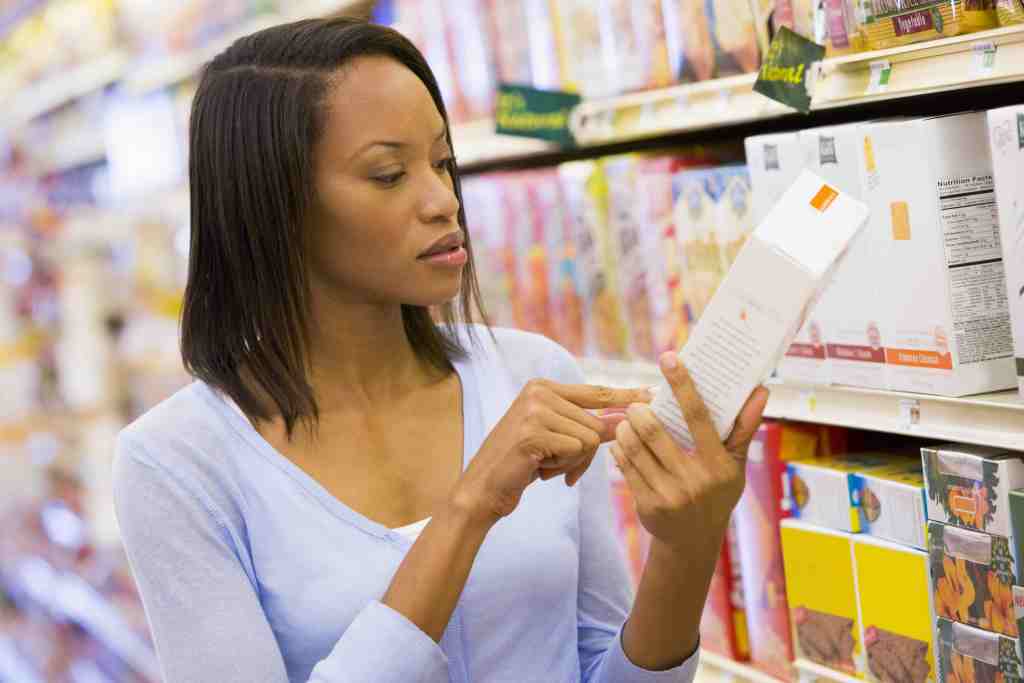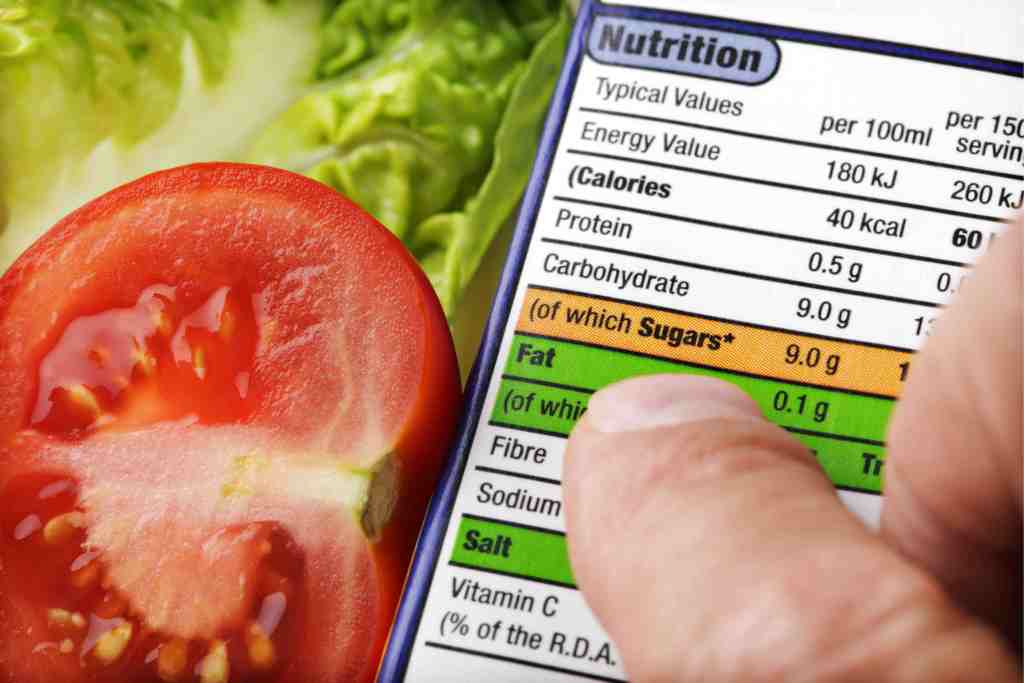It can be hard to know what, exactly, is contained in the foods you eat and the personal care products you use. Labels and ingredients can be difficult to understand. Which foods are good for you? Which cosmetics contain potentially harmful additives?
If these questions sound familiar to you, you have an ally. Meet Yuka, a phone app that scans bar codes and provides an easy-to-understand rating for millions of different products.
How does it work? Here’s the lowdown.

What exactly is Yuka?
Even the most health-conscious consumer can be intimidated by labels, nutritional charts, and ingredient lists. Is this drink too sugary? Does that shampoo contain potential allergens? These are the kinds of challenging questions Yuka was designed to help you navigate.
Yuka uses a simple color-coding system to grade roughly 1.5 million different food products based on three broad metrics:
- Nutritional value
- Additives
- Organic components
The app, which is free to download, also provides information on half a million personal care products, based on these criteria:
- Endocrine disruptors
- Carcinogens
- Allergens
- Irritants
All products are given a grade of excellent, good, mediocre, or poor. If a given product receives a bad grade, the app recommends a similar product with a better grade.
Today, according to company statistics, the app has more than 23 million users worldwide. The app is also independently funded, so it’s free of undue influence from manufacturers.

What does the science say?
The general public has long had a rocky relationship with complex product labels.
According to one study, more than half of Americans believe food labels are misleading. Furthermore, 44 percent of Americans reported being skeptical of the claims made by food labels.
That’s exactly the kind of skepticism that Yuka was developed to help address. A report on the app’s effectiveness showed it can indeed move the needle for the rank-and-file shopper. According to the study, consumers that used Yuka found it easier to find better, more healthful products, simplifying the sometimes painstaking process of comparing and deciphering labels.
This is especially important given that many products tout a range of health or wellness benefits on the front of their labels — claims that aren’t always fully supported by the facts.
Another study found that inexact wording on the labels — “low,” for example, or “good” — can also be misleading, and can cause consumers to make less-informed decisions. About 50% of study participants substantially overestimated nutritional benefits based on the claims made on the front label. This makes it all the more important for shoppers to have access to tools like Yuka that can help them tell the difference between advertising and the truth.

Yuka makes a difference
There is evidence this phone app helps consumers — after all, it’s hard to argue with 23 million users, a 4.5 rating out of 5 on the Google Play platform, and a 4.7 rating in the Apple store.
Yuka has also conducted its own research, and the findings were pretty eye-popping. Among the highlights:
- 92% of Yuka users returned products to the shelves after a poor rating
- 83% of users are buying less but higher-quality foods based on Yuka’s feedback
- 84% of users buy more raw products
- 78% buy more organic products
But it’s more than a consumer tool. The corporate community also can be influenced by the popular app and the information it provides. According to Yuka’s findings, 21 food and cosmetic companies have stated that Yuka has impacted the formulation of their products.
For example, the French supermarket chain Intermarche used Yuka to analyze products and identify potentially harmful ingredients. This ultimately led the chain to remove 140 food additives in an estimated 900 different food recipes. That’s positive change by any measure.
From these findings, it’s clear that Yuka is having a tangible effect across the continuum, from factory to table. Are you looking for a little more clarity in the foods and personal care products you buy? Yuka would appear to be the ideal tool.
BlissMark provides information regarding health, wellness, and beauty. The information within this article is not intended to be medical advice. Before starting any diet or exercise routine, consult your physician. If you don’t have a primary care physician, the United States Health & Human Services department has a free online tool that can help you locate a clinic in your area. We are not medical professionals, have not verified or vetted any programs, and in no way intend our content to be anything more than informative and inspiring.



